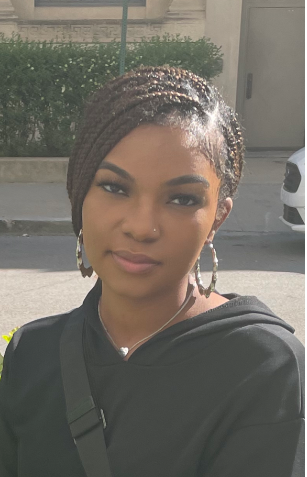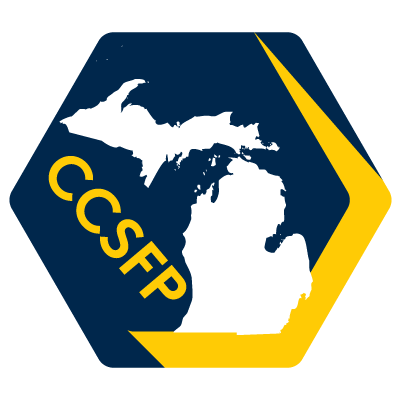J’anna Rivers

Pronouns: She/Her/Hers
UROP Fellowship: CCSFP
Research Mentor(s): Angela Ebreo, PhD and Angela Mascarenas, PhD
Research Mentor Institution/Department: School of Education and CIRCA Pintig, Center for the Study of Higher & Postsecondary Education
Schoolcraft College
Presentation Date: Wednesday, August 4th
Session: Session 3 (5pm-6:20pm EDT)
Breakout Room: Room 2
Presenter: 8
Abstract
Introduced in 2016, STEAM is a new pedagogical approach that has been on the rise in many different countries. STEAM is the abbreviation for science, technology, engineering, arts, and mathematics. The integration of “Arts” within STEM has shown a significant increase in the motivation of children’s ability to be creative, problem solvers, and critical thinkers. Throughout the process of this literature review my goal was to answer the research question “How do STEAM, in contrast to STEM, approaches develop creativity, critical thinking, and agency among children?” To answer this question I reviewed 40 sources of qualitative and quantitative literature and of those, more than half provided strong support to the view that STEAM is very effective in developing 21st century skills such as creativity, critical thinking and problem solving. According to Hadinugrahaningsiha, “the term 21st-century skills is generally used to refer to certain core competencies such as collaboration, digital literacy, critical thinking, and problem-solving that advocates believe schools need to teach to help students thrive in globalisation world” (Hadinugrahaningsiha, 2017, p.1). STEAM effectiveness is measured by the behaviors of students after the curriculum is implemented. Studies indicate that even children at an early age demonstrated interest and academic growth (Awang, 2020). Considering this pedagogy is fairly new, there remains much ambiguity on the teaching styles, definition of “art”, and how the arts in STEAM will be implemented in lesson plans.
Authors: J’anna Rivers & Angela Mascarenas, Ph.D.
Research Method: Survey Research







